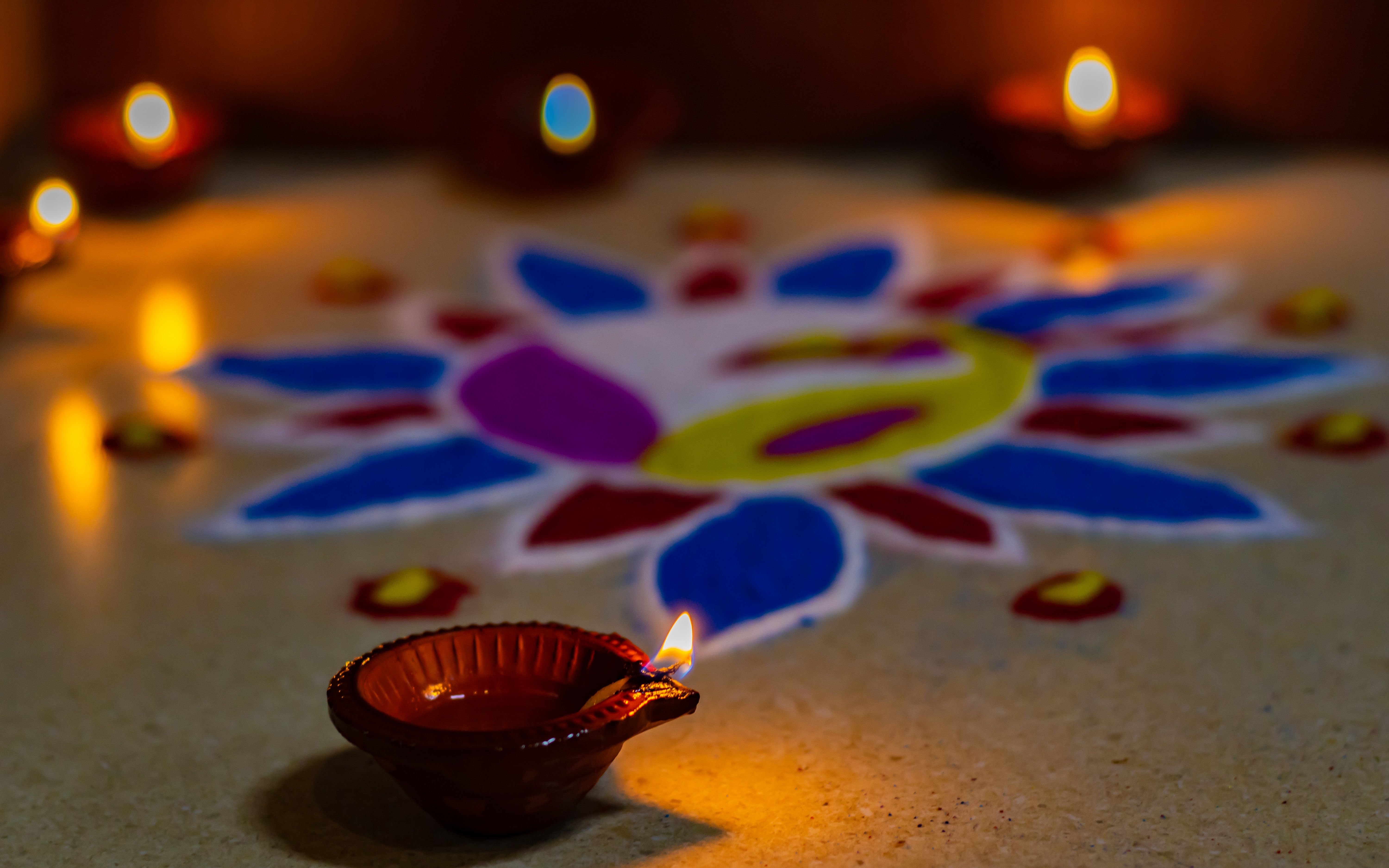Deepavali Public Holiday Malaysia 2024
Deepavali Public Holiday Malaysia 2024
| Date | Day | Holiday | State |
|---|---|---|---|
| Oct 31, 2024 | Thu | Deepavali | National except Sarawak |
| Oct 20, 2025 | Mon | Deepavali | National except Sarawak |
| Nov 8, 2026 | Sun | Deepavali | National except Sarawak |
| Nov 9, 2026 | Mon | Deepavali Holiday | National except Johor,Kedah, Kelantan, Sarawak& Terengganu |

Deepavali Public Holiday in Malaysia 2024
Deepavali, also known as Diwali, is a major Hindu festival celebrated by the Indian community in Malaysia and is recognized as a public holiday. Deepavali is the Festival of Lights, symbolizing the victory of light over darkness, good over evil, and knowledge over ignorance. It's a time for renewal, family gatherings, and the lighting of oil lamps.
When Is Deepavali Public Holiday in Malaysia 2024
In 2024, Diwali is observed in Malaysia on October 31st, Thursday, as dictated by the Hindu lunisolar calendar. This festival typically occurs between mid-September and mid-November in the Gregorian calendar, aligning with the Hindu months of Ashvin and Kartika.
How Is Deepavali Day Celebrated In Malaysia
Here are some common ways Deepavali is celebrated in Malaysia:
- Lighting Oil Lamps (Diyas): Small oil lamps called 'diyas' are lit and placed around the home, in courtyards, verandas, and gardens, as well as in temples. The light is symbolic of warding off darkness and evil, signifying the victory of light.
- Rangoli Decorations: Colorful patterns called 'rangoli' are created on the floor using colored rice, dry flour, colored sand, or flower petals. These are thought to bring good luck and are a welcoming sign to the gods.
- Prayers and Pujas: Special prayers and pujas (worship rituals) are conducted to honor Lakshmi, the goddess of wealth and prosperity, as well as other deities like Ganesha, Saraswati, and Kubera.
- Fireworks and Firecrackers: Fireworks and firecrackers are set off to celebrate the festive spirit, create a joyful noise, and also to scare away evil spirits.
- Family Gatherings and Feasting: Families and friends come together to share in feasts of traditional foods and sweets like ladoos, jalebis, and other regional delicacies.
- Exchange of Gifts: It is customary to exchange gifts and sweets with family, friends, and neighbors as a sign of goodwill and fellowship.
- New Clothes and Jewelry: Wearing new clothes and jewelry is part of the celebration, symbolizing new beginnings and the renewal of the spirit.
- Cleaning and Decorating Homes: Homes are thoroughly cleaned and decorated with lights and other decorations to welcome the goddess Lakshmi. It's believed that a clean, well-lit home will attract the goddess and bring blessings of prosperity and well-being.
- Community Celebrations: In many places, there are community events, cultural programs, and public displays of fireworks. Temples also hold special events and serve as gathering places for communal celebrations.